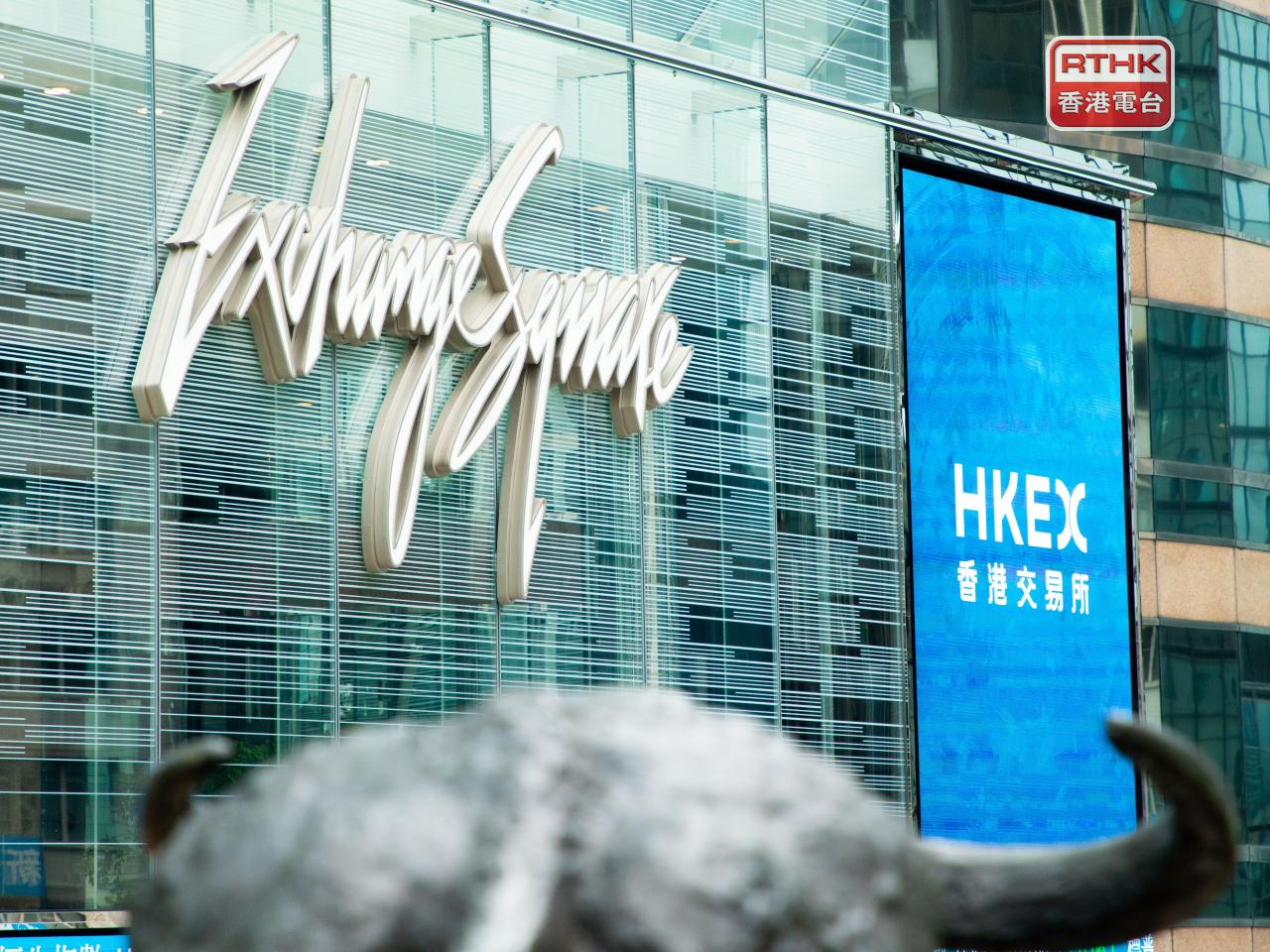Stocks in the mainland and Hong Kong fell on Friday, capping their steepest weekly drop since early April, as investor caution over trade uncertainties and profit-taking from artificial intelligence shares dampened sentiment ahead of a leadership conclave in Beijing next week.
The benchmark Hang Seng Index ended the last trading day of the week 641 points, or 2.48 percent, down at 25,247, putting it 4 percent down for the week.
Big tech firms in Hong Kong have fallen 8 percent this week, while the onshore tech-focused Star50 Index dropped 6 percent, its largest weekly decline since December.
The sharp pullback came after a strong rally in AI stocks this year, driven by Beijing's push for home-grown innovation, breakthroughs from companies like DeepSeek and heavy investment from Alibaba, Tencent and Baidu.
Semiconductor shares traded onshore fell 4.1 percent.
BYD's Hong Kong-listed shares dropped nearly 5 percent after the company made its largest recall of more than 115,000 cars due to design defects and battery-related safety risks.
The benchmark Shanghai Composite Index ended down 1.95 percent at 3,839 while the Shenzhen Component Index closed 3.04 percent lower at 12,688. China's blue-chip CSI300 Index ended 2.3 percent lower, leaving it down more than 2 percent for the week.
The ChiNext Index, tracking China's Nasdaq-style board of growth enterprises, lost 3.36 percent to close at 2,935.
Both the Hang Seng and CSI300 gauges recorded their biggest weekly losses since early April when US President Donald Trump's sweeping tariffs shook global financial markets.
"Investor sentiment has largely shifted as the market turns volatile, with most in wait-and-see mode amid political ups and downs," UBS analysts said in a client note.
"There's more downside risk and higher uncertainty than a week ago," they said, adding that clients would likely continue favouring sectors such as technology, basic materials and emerging consumer products through the end of the year.
Trade tensions between the world's two largest economies escalated this week, as China accused the United States of stoking panic over its rare earth controls. The two sides also began imposing additional port fees on ocean shipping firms that move everything from holiday toys to crude oil.
Investors are turning their attention to next week's fourth plenary session of the Central Committee of the 20th Communist Party of China, which will run from Monday to Thursday. Leaders gathering in Beijing are expected to cover, among other topics, China's 15th Five-Year Plan. (Reuters/Xinhua)





